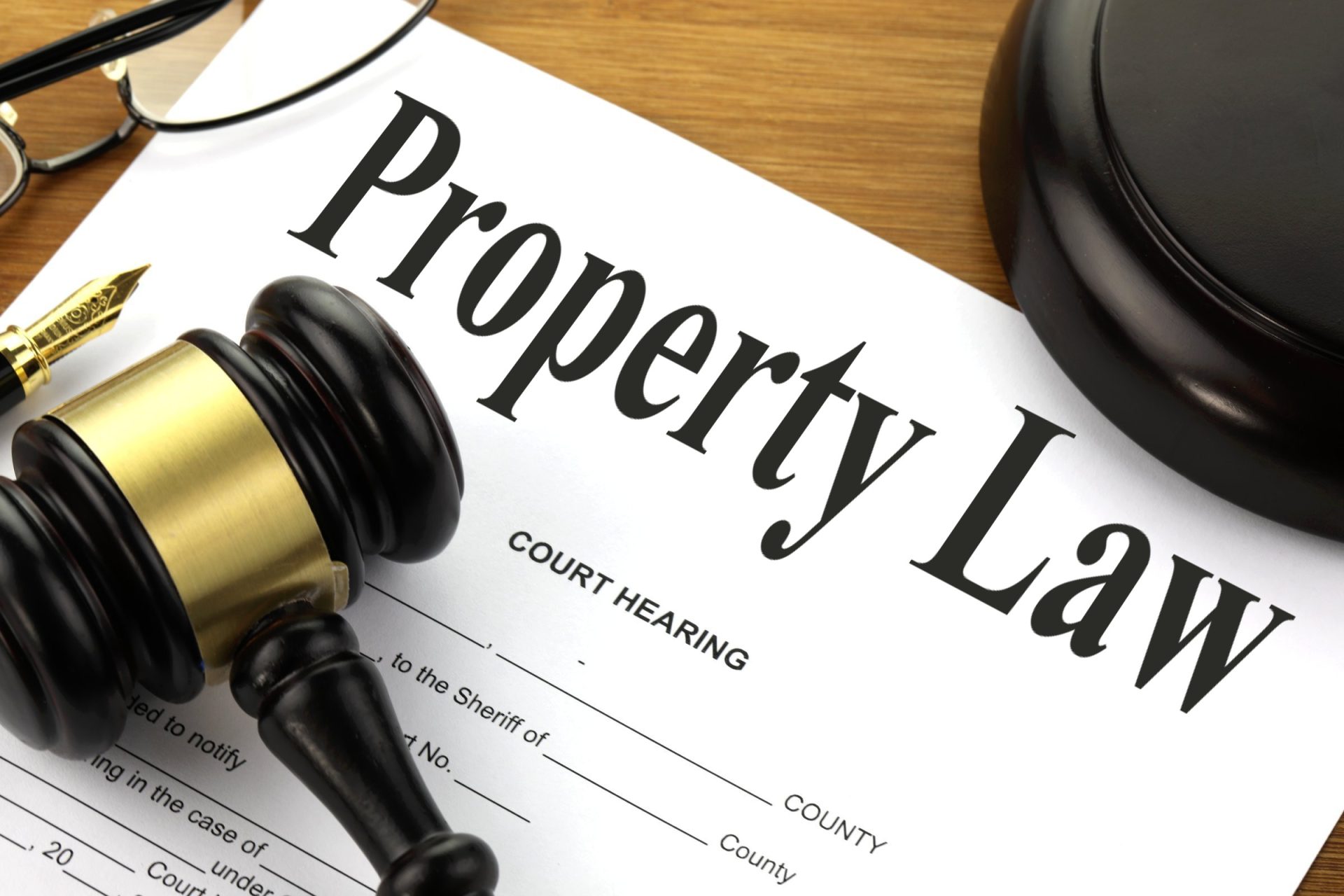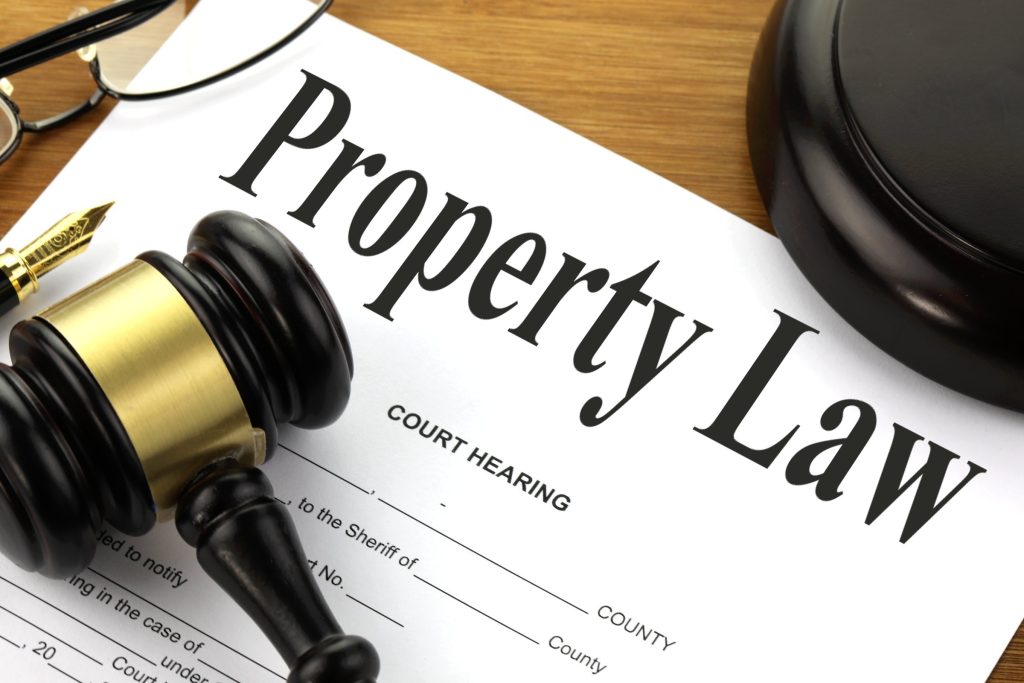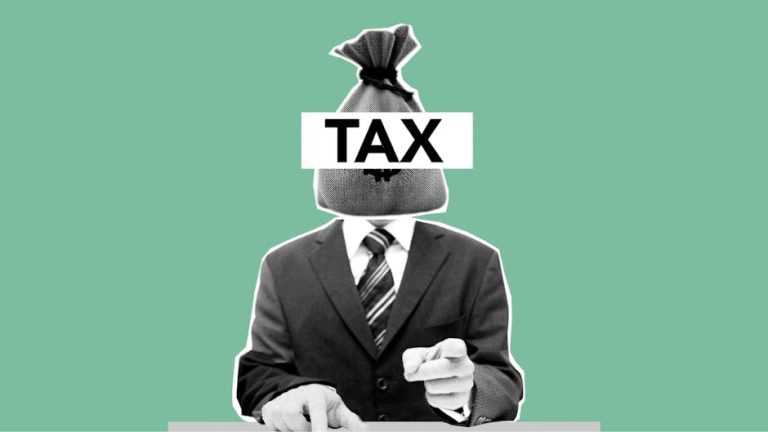Bankruptcy is a multifaceted and potentially daunting process for both individuals and businesses. Whether you’ve already filed for bankruptcy and are contemplating a second filing, it’s crucial to comprehend the frequency limitations and the ramifications involved. In this comprehensive guide, we will explore the intricacies of multiple bankruptcies, dissecting the regulations governing filing frequency, the diverse bankruptcy options, and the repercussions of recurrent filings.
Understanding Bankruptcy
Bankruptcy serves as a legal recourse for individuals and businesses seeking to discharge or reorganize their financial obligations. The primary objective is to afford a fresh start to those unable to meet their debts. The process entails filing a petition with the bankruptcy court, leading to the oversight of asset liquidation or debt restructuring by a court-appointed trustee. Given the complexity, it’s not uncommon for individuals to navigate bankruptcy more than once.
Types of Bankruptcy
Several bankruptcy options exist for individuals and businesses, with Chapter 7 and Chapter 13 being the most prevalent.
Chapter 7 Bankruptcy
Known as liquidation, Chapter 7 bankruptcy involves the court-appointed trustee selling assets to repay creditors. Exemptions for certain assets may apply based on your state.
Chapter 13 Bankruptcy
Referred to as reorganization bankruptcy, Chapter 13 necessitates devising a repayment plan spanning three to five years. Payments, determined by income and expenses, are made to a trustee who distributes them to creditors.
Filing Frequency Guidelines
The frequency with which you can file for bankruptcy depends on the type you previously filed and the one you intend to file now.
Filing for Chapter 7 Bankruptcy
- After a Chapter 7 discharge, an eight-year waiting period is mandatory for filing Chapter 7 again.
- Eligibility for Chapter 13 after four years is possible.
Filing for Chapter 13 Bankruptcy
- A two-year waiting period is mandatory for filing Chapter 13 again after a prior discharge.
- If Chapter 7 was previously filed, a four-year wait is necessary for Chapter 13.
Chapter 7 After a Chapter 13 Discharge
- A six-year waiting period is applicable for filing Chapter 7 after receiving a Chapter 13 discharge.
Chapter 13 Following Chapter 7 Discharge
- A four-year waiting period is mandatory for filing Chapter 13 after a Chapter 7 discharge.
Consequences of Repeated Bankruptcies
Repeated bankruptcies carry severe consequences, including damage to credit scores and challenges in obtaining future credit. Certain debts, such as student loans and tax obligations, may remain unaffected, accruing interest and penalties post-discharge. Stricter eligibility requirements, increased court scrutiny, and potential case dismissal are also possible outcomes, underscoring the importance of careful consideration.
Exploring Alternatives
If bankruptcy is not an immediate option, alternative avenues include debt consolidation, debt settlement, and credit counseling. Debt consolidation streamlines multiple debts into a single monthly payment, while debt settlement involves negotiating reduced amounts with creditors. Credit counseling aids in budgeting and managing debt effectively.
In conclusion, understanding the nuances of multiple bankruptcies is crucial for informed decision-making, considering the impact on financial well-being and future opportunities.

Conclusion
Bankruptcy can be a helpful tool for individuals and businesses struggling with debt, but it’s important to understand the rules and regulations governing how often you can file for bankruptcy and the consequences of doing so repeatedly.
A knowledgeable bankruptcy attorney can help you weigh your alternatives and craft a plan if you’re thinking about declaring bankruptcy again.
FAQs
Can I file for multiple bankruptcy if I have already filed for bankruptcies in the past?
- Yes, but the rules governing how often you can file for bankruptcy depend on the type of bankruptcy you filed previously and the type of bankruptcy you intend to file now.
How long do I have to wait before filing for multiple bankruptcies again?
- The waiting period between bankruptcies depends on the type of bankruptcy you filed previously and the type of bankruptcy you intend to file now.
Can all of my debts be discharged in multiple bankruptcies?
- No, some debts, such as student loans and tax debts, may not be discharged in bankruptcy.
What are the consequences of filing for Multiple Bankruptcies repeatedly?
- Repeated bankruptcies can result in damage to your credit score, difficulty obtaining credit in the future, and more stringent eligibility requirements.
What are some alternatives to Multiple Bankruptcies?
- Debt negotiation, credit counseling, and consolidation are all viable alternatives to filing for bankruptcy.
Table of Contents
Get Your Credit Repaired With credit-repair.com
Google Review:
or
WHY CHOOSE US
We also would counsel you on real, legal, and ethical credit repair for clients rebuilding their life and credit ratings after hardship. Achieving financial freedom is the ultimate dream allowing you to live the life you want to enjoy. Get the help of a professional credit repair company by contacting us.
Our credit restoration services are tailored to your unique situation, and we never make you pay for anything you don’t need. When you sign up for either our Essentials or Essentials Plus packages, you can rest assured that you’ll be receiving the bare minimum of care necessary for your specific situation. You can opt for additional customization options to further tailor our offerings to your specifications. In this manner, you won’t overpay for perks you don’t use. This is the essence of adaptability.








